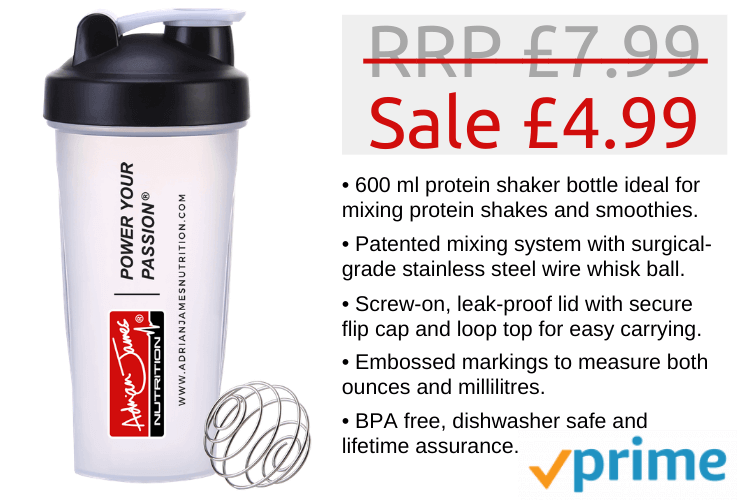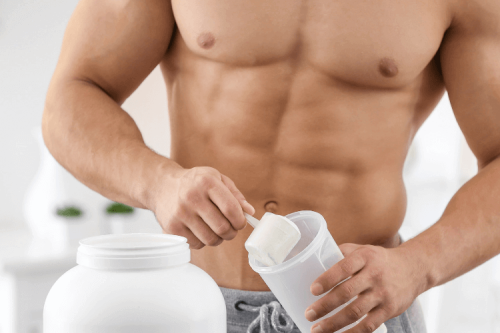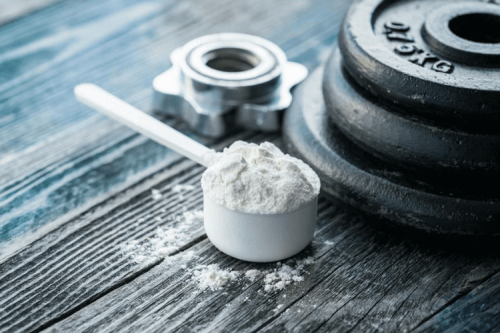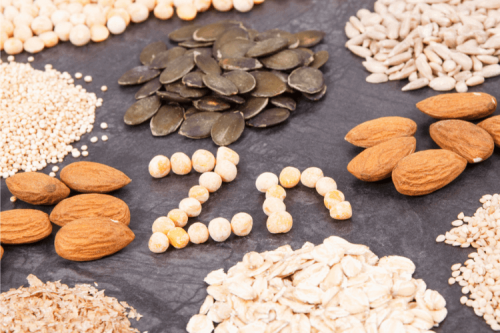Whey protein, nectar of the fitness gods, has been around for decades. Its benefits are well-documented, ranging from muscle growth and faster recovery time to improved body composition. Yet, there are some who claim that supplementation is not really necessary unless your diet is lacking in protein. So, what’s the truth about whey protein? Do you really need it, or can you skip it?
The truth about whey protein
Whey protein is designed to complement your diet – not replace it. In other words, it can not compensate for poor eating habits or lack of exercise. In a perfect world, you should be able to get enough protein from your diet. In reality, this rarely happens. For one thing, many foods lose protein and other vital nutrients during cooking. Secondly, proteins can be denatured through exposure to chemicals or heat. For instance, the act of frying an egg changes its protein structure.
To make matters worse, you can never be sure of how much protein is in your food. Many manufacturers make inaccurate claims or publish contradictory evidence regarding the actual amount of protein found in different foods. Search online to discover how much protein is in a chicken breast, and you’ll find values ranging from 15 to 30 grams of protein, supposedly for the same weight of meat.
Accurately tracking your daily protein intake is made even harder because some foods can affect protein digestion rate. For example, when you eat chicken and rice, it takes hours for the protein in the meat to be fully absorbed into your body. Dietary fats slow down protein absorption even more; think olive oil, avocado, nuts, seeds, olives, cheese or peanut butter.
One of the biggest advantages of whey protein is its convenience. Let’s suppose you maintain an optimum diet. Even with the best will in the world, it can still be hard fitting your meals around your workouts. As you may be aware, fast-digesting protein is recommended for pre- and post-workout, medium-digesting protein throughout the day and slow-digesting protein at bedtime. Most people don’t have enough time to eat five or more times a day, choose their protein sources and plan their meals accordingly.
Protein shakes are convenient, versatile and highly effective. They can replace one or more meals, save you hours of cooking and provide an instant source of quality protein on the go. Some athletes mix a teaspoon of coconut oil or peanut butter with their whey protein shakes before bedtime to slow its digestion.
Healthy Whey contains both fast and slow-digesting protein, making it suitable for use throughout the day, whether you’re training at the crack of dawn or last thing at night. It also provides glutamine and BCAAs, which help your body recover faster following a strenuous workout. When combined with regular exercise and a clean diet, a supplement like Healthy Whey can improve athletic performance and stimulate muscle growth.

It’s possible to live in a world without whey, but if you’re serious about your fitness, whey protein just makes sense.







